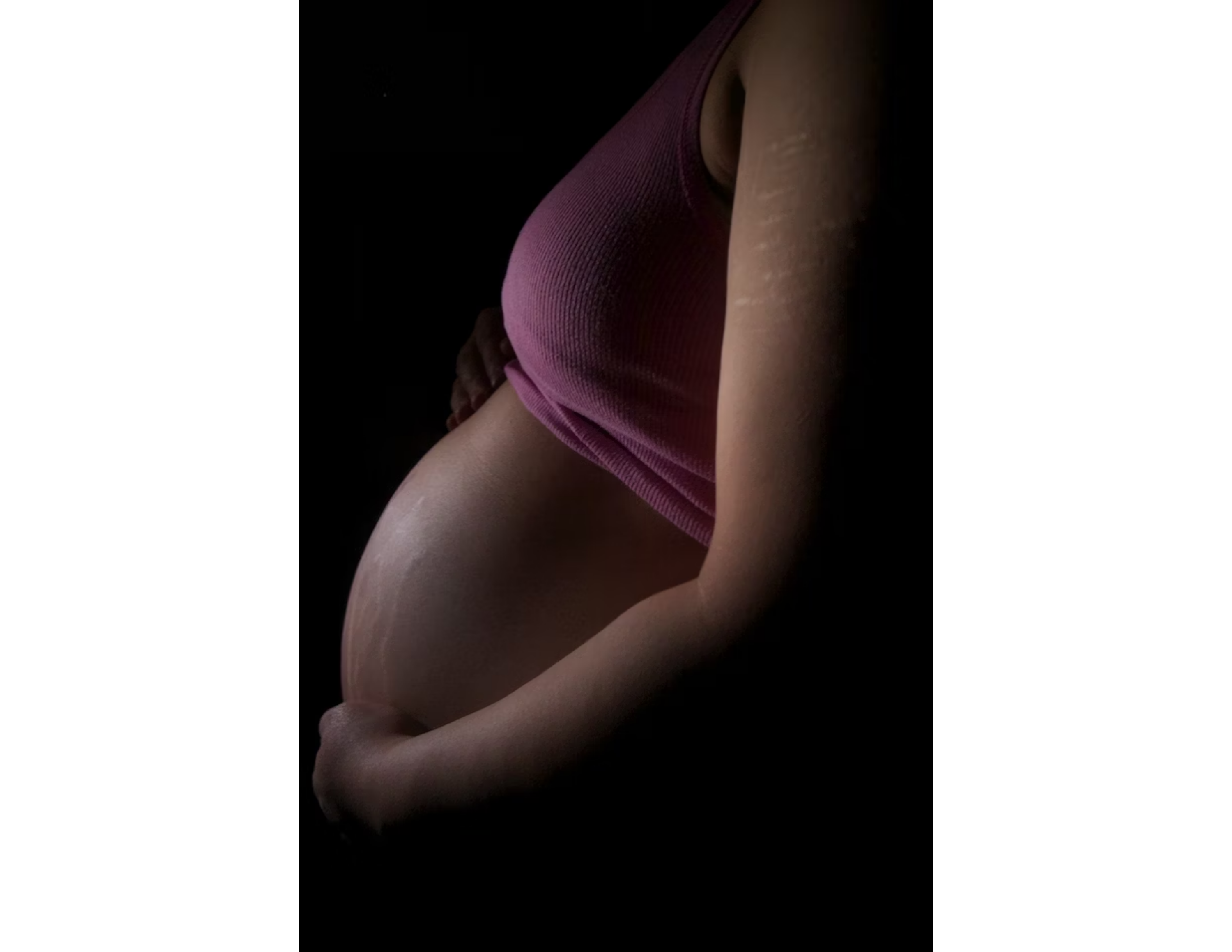Fertility and pregnancy: Impact and healthy tips
7 minute read, Written By: Momly
Pregnancy and fertility go hand in hand. Fertility is not only a women’s issue but also has a lot to do with men. Though it’s touted as a women’s issue, it is an issue of both sexes, men and women. The excellent quality sperms of men and eggs of women have to mutually coordinate well to give rise to a healthy baby. Your age plays a big role in matters of fertility. We know that the ages of men and women, as well as their fertility, are inversely proportional. The older women and men get, the less likely they are to be pregnant.
Are you concerned that your age will prevent you from conceiving naturally? Is your way of life influencing your fertility? Let's take a look at the inner workings of fertility, such as what fertility means, the causes of infertility, and how to increase your fertility.
What is Fertility?
Being fertile means being able to conceive or carry the baby through biological means. Your natural ability to conceive and give birth to a baby is what fertility is all about. Factors like age, lifestyle, hereditary factors and environment govern the reproductive health of men and women. For an egg to get fertilized, it needs a good quality sperm. Fertility gets affected by many reasons such as medical procedures, lifestyle changes, eating habits, too much alcohol and smoking, and abnormal weight gain.

Age and fertility
Age can play a significant role in fertility. This means, as women age, their fertility decreases. Women are born with a sufficient number of eggs but ageing can impact the eggs and their quality. Women in their 30s or above 30s experience the symptoms of infertility. The likelihood of pregnancy complications and risks like miscarriage also increases with age. And by the age of 40, fertility levels drop significantly low which makes it very difficult for women to conceive naturally. For men, fertility symptoms pick up late and the impact can be seen on their sperm count. While age can impact reproductive health, there are other factors like hormonal imbalances, pcos/pcod and endometriosis in women, lifestyle and genetic factors, etc which can lower fertility and make conception difficult.

Ways to improve fertility:
- Maintain a healthy lifestyle – Your food habits and fitness routine, for example, require concentrated attention. Keep a healthy diet that includes plenty of fruits and vegetables, whole grains, lentils, and lean proteins. These are some natural fertility boosters that can help improve fertility.
- Move and stretch more – Regular exercise can regulate your body weight, bring in more agility and remove the toxins from your body. Stretching and movement exercises, breathing exercises like pranayama etc, and pelvic floor strengthening exercises are some of the best ways to keep your body active and moving.
- Avoid unhealthy habits – Eating habits need to be monitored. Drop junk food and do not give in to cravings more often. If you are consciously planning for a baby and you are finding it difficult to conceive due to fertility issues, you should keep watch on what you consume. Alcohol, smoking etc can have a negative impact and be counter-productive to all your fertility-boosting efforts.
Reduce stress and anxiety – The more stressed you are, the more your body goes into overdrive, leading it to break down and become more fatigued. Manage your stress levels instead by engaging in activities such as meditation, exercise, journaling, or any other hobby or self-care activity. Self-care on a regular basis can boost fertility and generate feel-good hormones. These hormones can play a significant role in bringing you and your lover closer together and enhancing your sex life.
Keep track of your ovulation cycle – If you are facing menstrual abnormalities like irregular periods, it becomes difficult to plan a baby. You can fix this issue by keeping track of your last menstrual cycle and thereby calculating your ovulation period.
Consult a gynaecologist – Even after trying all the above healthy ways to improve fertility you are facing fertility issues and are not able to conceive, seek the help of a gynaecologist. Understand your body and your reproductive health and then go full throttle. Sometimes, the reason could be unexplained infertility. Your doctor will give this term to your condition after a thorough evaluation and when the cause of your infertility stays unidentified. It might be because of poor egg quality, non-functional sperm, egg-sperm rapport, or due to some hormonal imbalances in both parties.
Foods to boost fertility:
- Foods rich in Iron – Insufficient iron in our intake can hamper fertility and is a very reason that causes ovulatory infertility. Leafy green vegetables, fish, beans, and dates are some of the foods that are rich in iron.
- Lean protein – Essential amino acids are found in fish, chicken and beans. All these prove effective for your reproductive health.
- Folate – Beans and lentils have good sources of folate/folic acid and fiber. They improve balance in your hormonal levels. Good for sperm health and for aiding healthy ovulation. Include leafy greens like Kale, spinach etc more often in your diet before and during pregnancy.
- Whole grains – Brown rice, quinoa, and wheat bread can help stimulate your hormones and regulate their imbalances, increasing your chances of conceiving. Whole grains promote fertility and overall health.
- Fruits – Include fruits rich in citrus. Oranges and grapefruits are packed with vitamin C. The ingredient called polyamine putrescine is associated with semen health and is found in these fertility-boosting fruits. Pomegranates are very helpful in promoting sperm quality. They are loaded with antioxidants and are one of the super foods when it comes to pregnancy. You can add these fruits to your salad bowls or smoothies.
- Full-fat dairy – Dairy rich in saturated fat works exceptionally well for fertility. You can curtail your ovulation-related issues with full-fat dairy products like whole milk, cream cheese etc.
At the outset
If you are in your 30s and are unable to conceive naturally, consult a fertility specialist. The specialist will evaluate your reproductive health and counsel you on the appropriate treatment and approach to improve your chances of conception.



